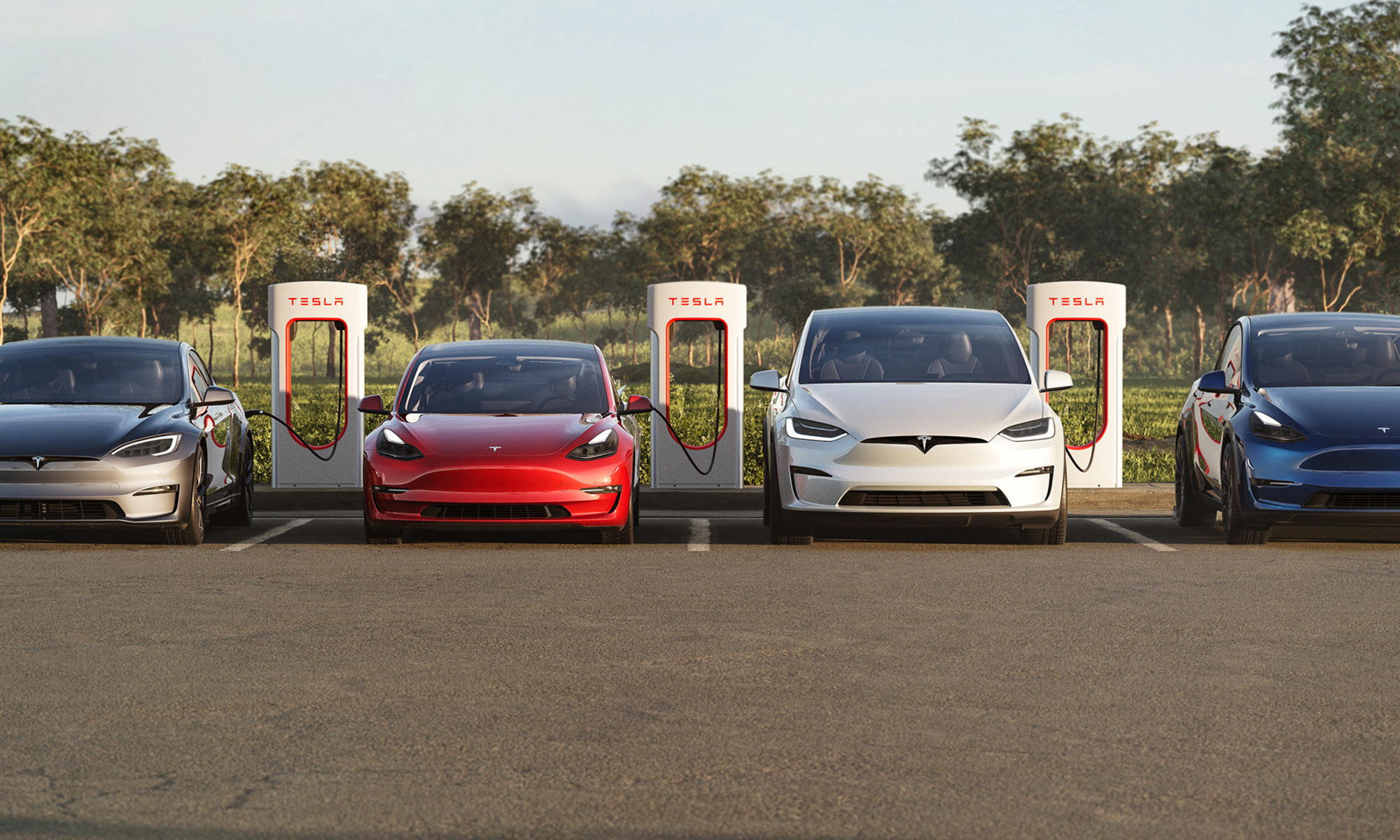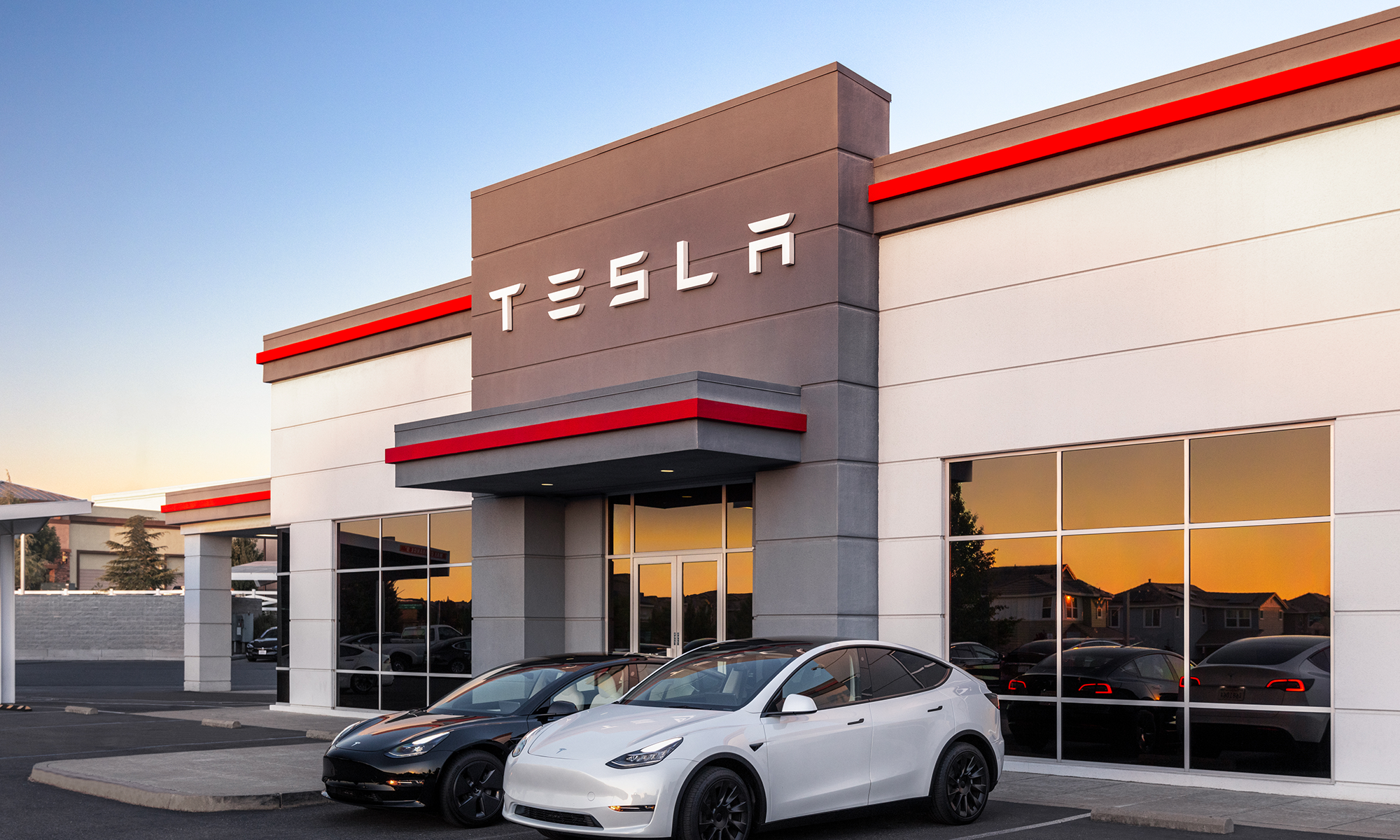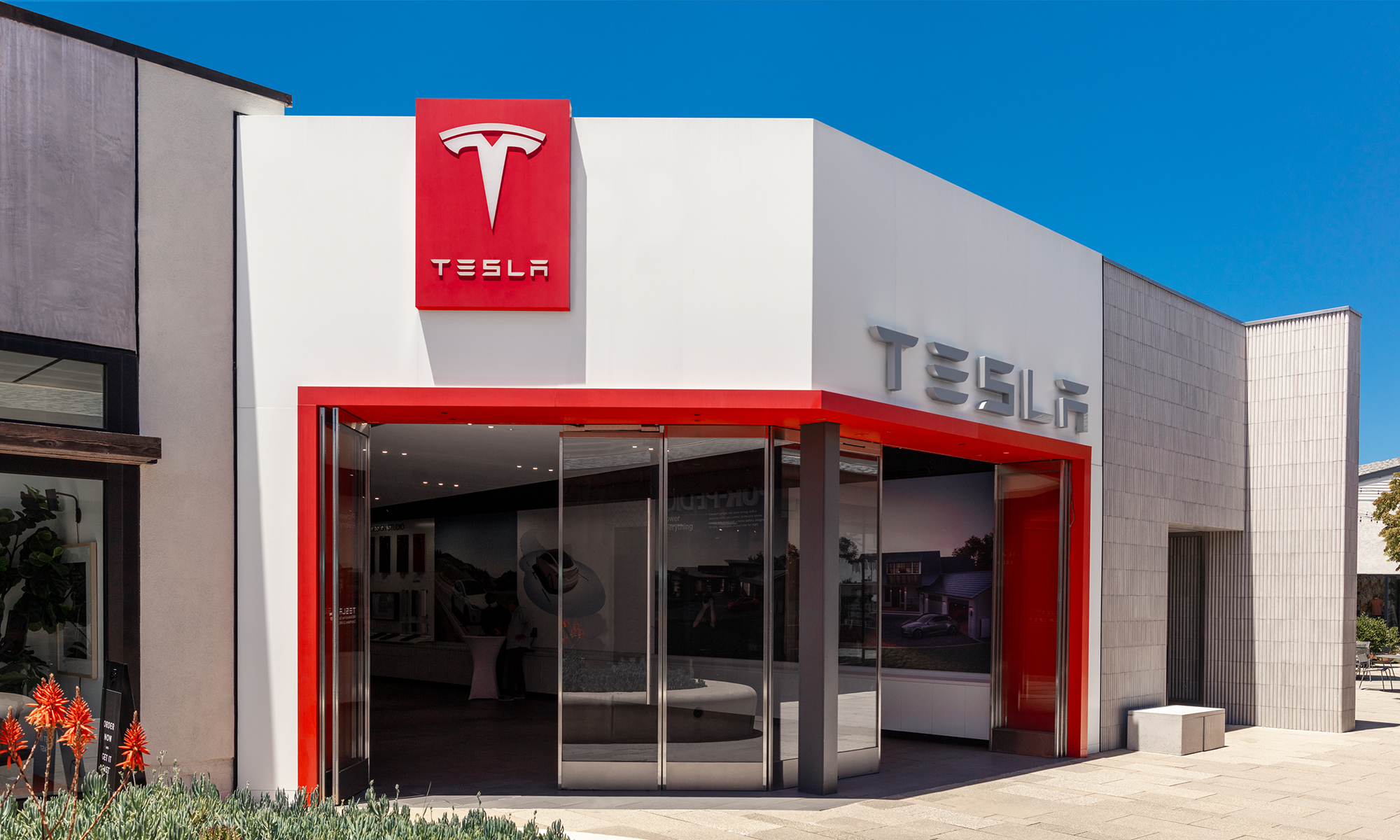Why is Tesla (TSLA 0.33%) Motors stock trading lower this week?
That question seems to be the key subject this weekend for investors watching Elon Musk's electric-car company. Even though the company's first-quarter revenue and earnings per share came in higher than the consensus analyst estimate, Tesla's market capitalization was trimmed by several billion dollars this week as the stock sold off 14%. Here's the backstory on the stock, along with a look at another key question: Should investors pull the trigger on the stock after the sell-off?

Model S. Image highlights the vehicle's "frunk."
Behind the numbers
As I explained in a Tesla earnings preview for Q2, earnings per share and revenue were destined to be an afterthought when the numbers were released. Instead, it would make sense for investors to focus on key items like Tesla's Gigafactory, China, full-year guidance, and the Model X, given the forward-looking assumptions priced into the stock.
The financial results were solid. Analysts were expecting non-GAAP revenue of $699 million and EPS of $0.10. Instead, Tesla reported non-GAAP revenue and EPS of $713 million and $0.12. Vehicle deliveries of 7,535 came in slightly above guidance of 6,400.
So what spooked investors? It's tough to say. Overall, Tesla is executing formidably on every major plan in progress. The Gigafactory seemed on track, with Tesla planning to break ground on the first of two sites in June and Elon Musk announcing that battery supplier Panasonic has signed a letter of intent to partner in the construction of the site. The Model X was also on track for an early 2015 launch. International expansion looked superb, with Musk saying demand isn't a challenge in China and that the company is considering -- at some point in the future -- building vehicles in both China and Europe in addition to its current manufacturing in Fremont, Calif. Finally, Tesla maintained its bullish guidance for 35,000 2014 vehicle deliveries -- a 50% boost over last year's figures.
It's possible that Tesla came in below expectations for Q2 deliveries and below expectations for the guidance for Q3 deliveries. But the fact that the company maintained its full-year guidance for vehicle deliveries shows Tesla feels it is on track. Even more, investors should keep in mind that these results are all supply limited; Tesla is selling every car it makes, with zero spending on advertising.

With no substantial underlying reason for the sell-off, it's fair to blame the company's valuation. With the stock still up 21% year to date and 230% in the past 12 months, there are considerable forward-looking expectations priced into Tesla stock. Trading at about 10 times sales, Tesla's valuation is on par with hot growth stocks -- a whole different breed from typical auto stocks.
Time to buy?
But Tesla deserves a pricey valuation. The company's impressive execution combined with ambitious plans to address an enormous addressable market mean the electric car-maker hasn't even left the runway. Today's sales are just a rounding error in light of the possible trajectory of deliveries investors may see in the coming years. For instance, Tesla plans to sell 500,000 vehicles per year by 2020 with the help of the world's largest factory for lithium-ion and a more affordable all-electric car set for a 2017 launch.
After the recent sell-off that puts shares more than 30% below all-time highs achieved a few months ago, it's a great time for long-term investors to start a small position in the company. Over the long haul, this proven disruptor should provide investors meaningful returns.
Given the wild forward-looking assumptions priced into the stock, though, investors would be wise to limit the risk to their portfolio that could stem from this holding by keeping the position relatively small. Growth stocks like Tesla are known for their volatility. But investors shouldn't let volatility keep them on the sidelines; Tesla is one of the few businesses that possesses many of the key characteristics that make an excellent long-term holding.






